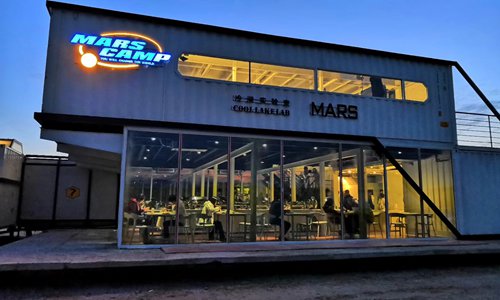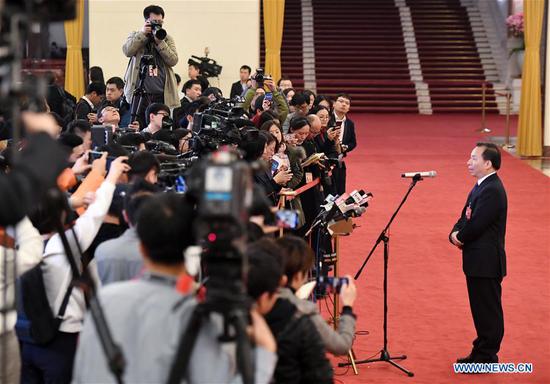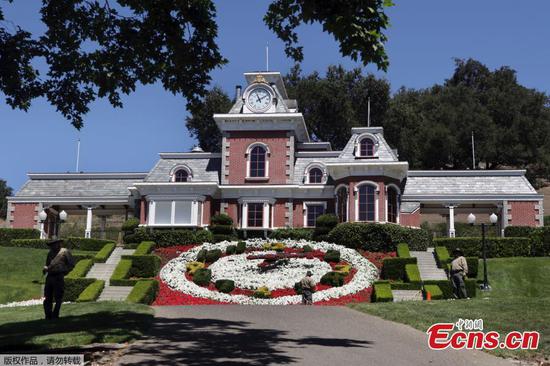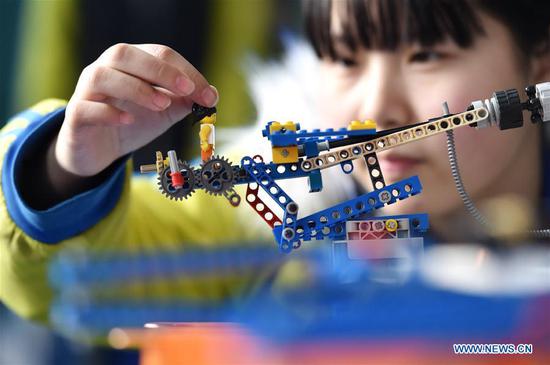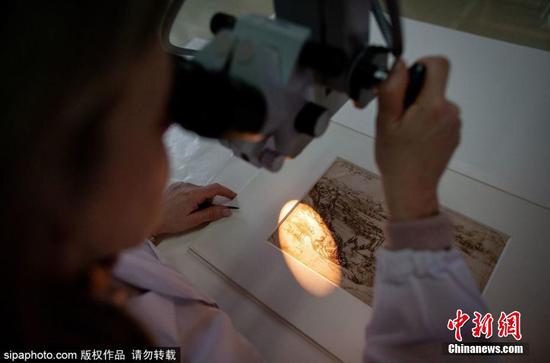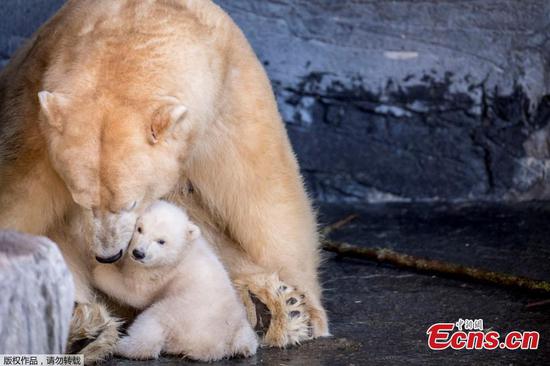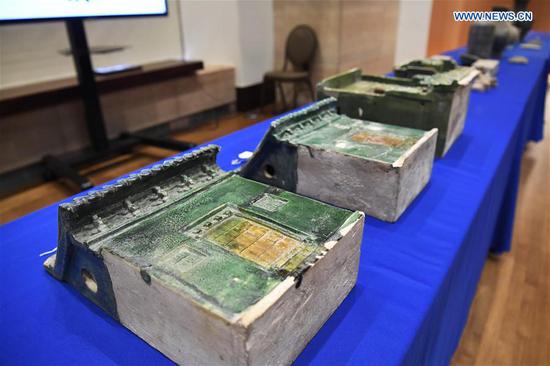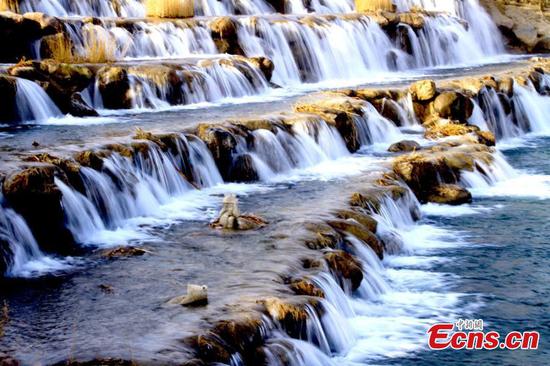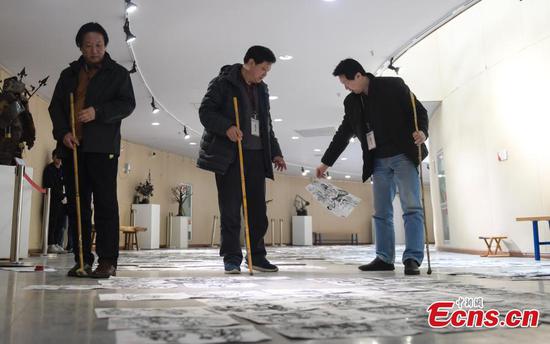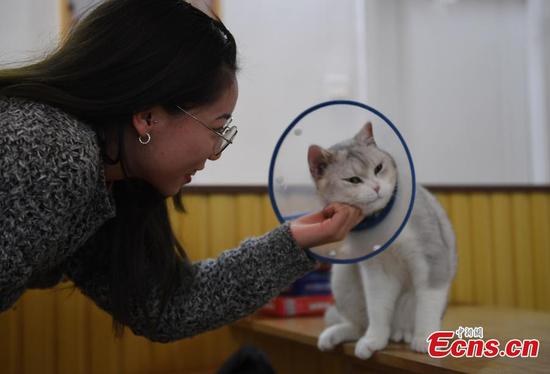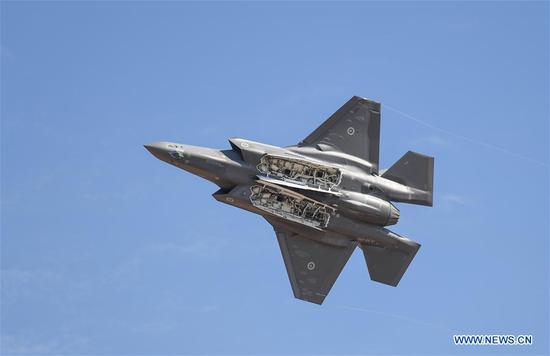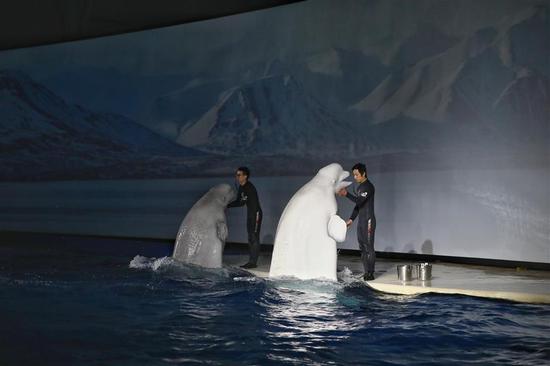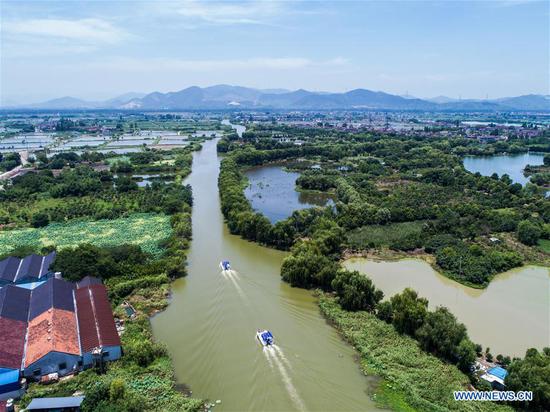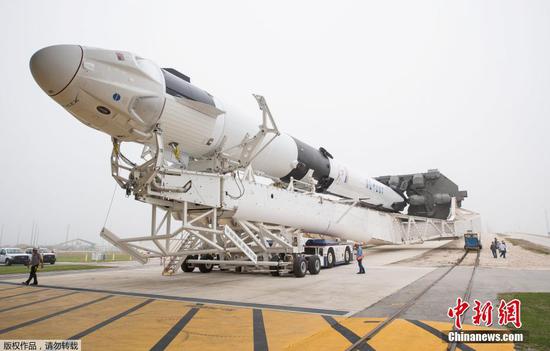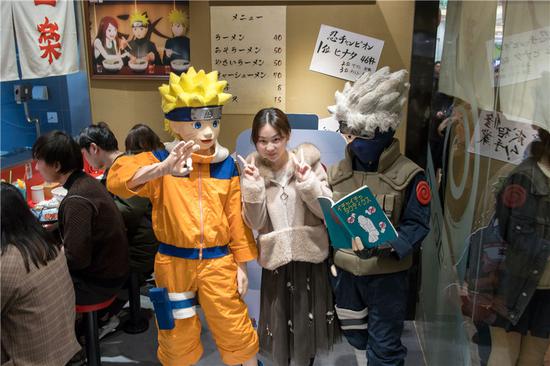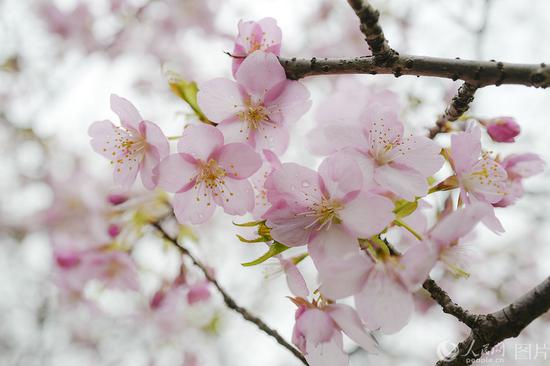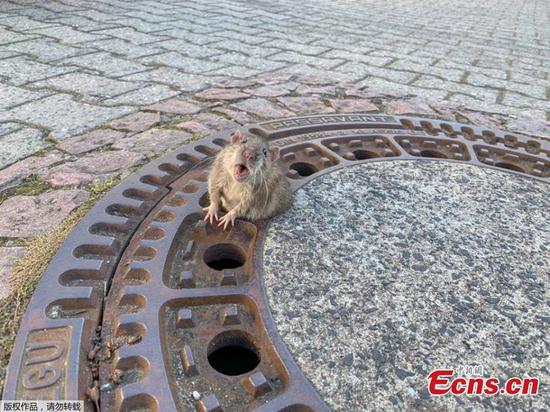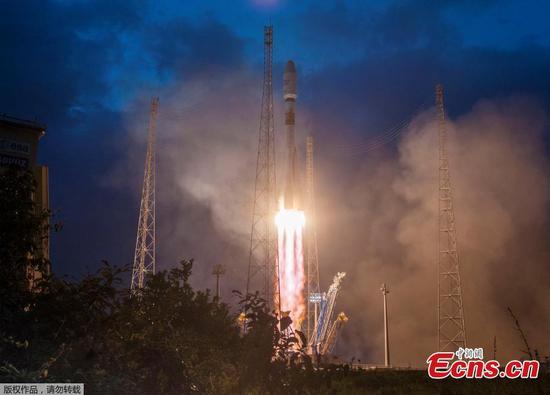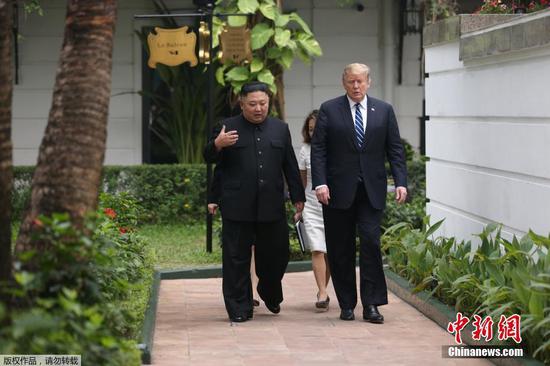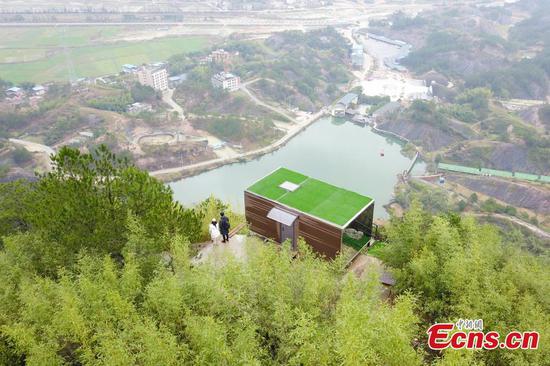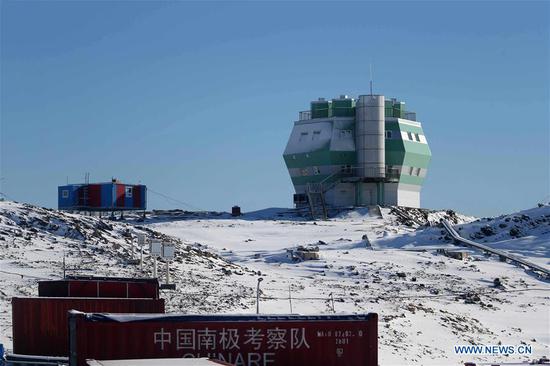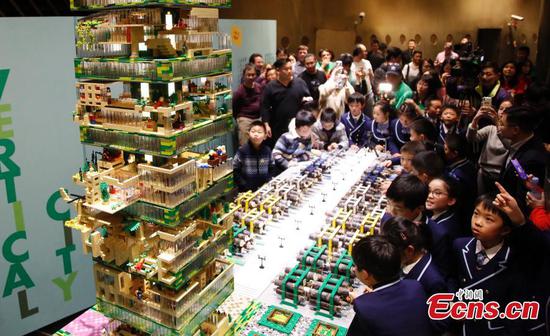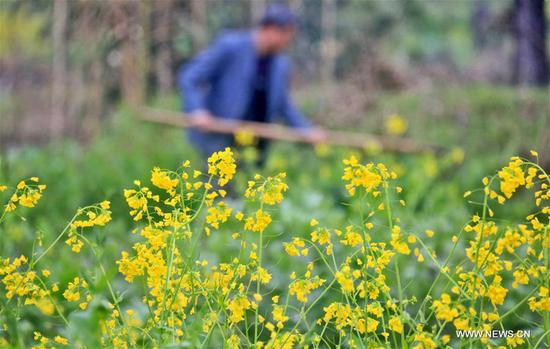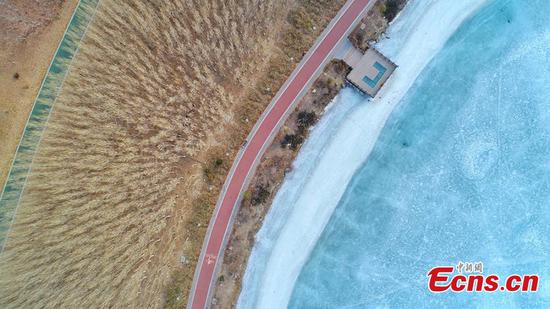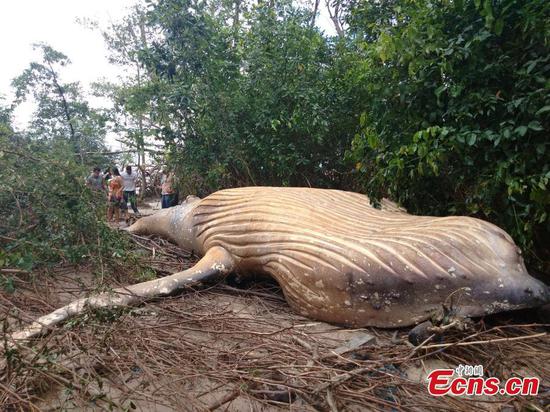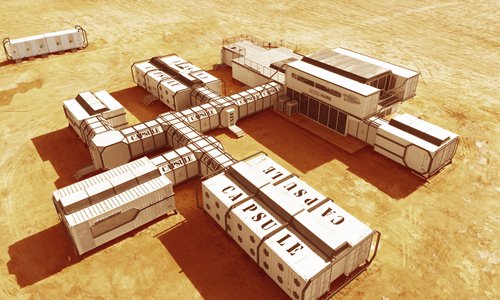
The Mars simulation base, which opened on Friday, is located in Mangya city, Haixi Mongolian and Tibetan Autonomous Prefecture in Northwest China's Qinghai Province. Construction started in June 2018 at a cost of about 150 million yuan ($22.3 million). (Photo/Courtesy of Mars simulation base team)
China has opened its first Mars simulation base to the public to encourage young people to get involved in space exploration.
The Mars simulation base, which opened on Friday, is located in Mangya city, in Northwest China's Qinghai Province.
The red rock area in the Qaidam Basin in Qinghai has been called the most "Martian" place on Earth, with its natural features, landscape and climate all similar to those on the red planet, said Gao Junling, the project founder.
The region has the country's largest Yardang landform. The temperatures here vary greatly between day and night, similar to those on Mars, according to Gao.
He said that participants could immerse themselves in the environment and try to solve problems they might face on Mars, such as planting potatoes on Mars for food supply and solar power generation.
Covering an area of 53,330 square meters, the base can accommodate 60 people in its capsules and hundreds in the base's tents. Construction started in June 2018 at a cost of about 150 million yuan ($22.3 million).
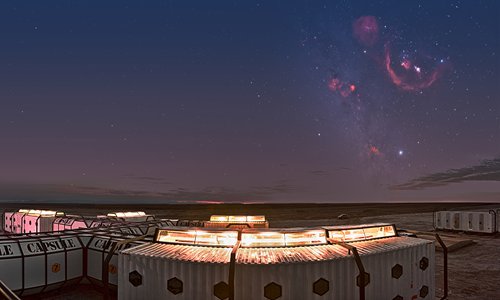
Jiao Weixin, a space science professor at Peking University, however, told the Global Times it's extremely difficult to simulate Mars due to its special natural features and hostile environment - low air pressure, strong radiation and frequent sandstorms, as well as vast differences in geography.
China is planning four deep space exploration missions before 2030, including probes to Mars, asteroids and Jupiter, the Xinhua News Agency reported.
China will launch its first Mars probe in 2020, and is expected to orbit around, land and put a rover on the red planet, the report said.
Exploring Mars has been a long-term goal of mankind. There is still a long way to go before people could inhabit on the red planet, Jiao noted.
